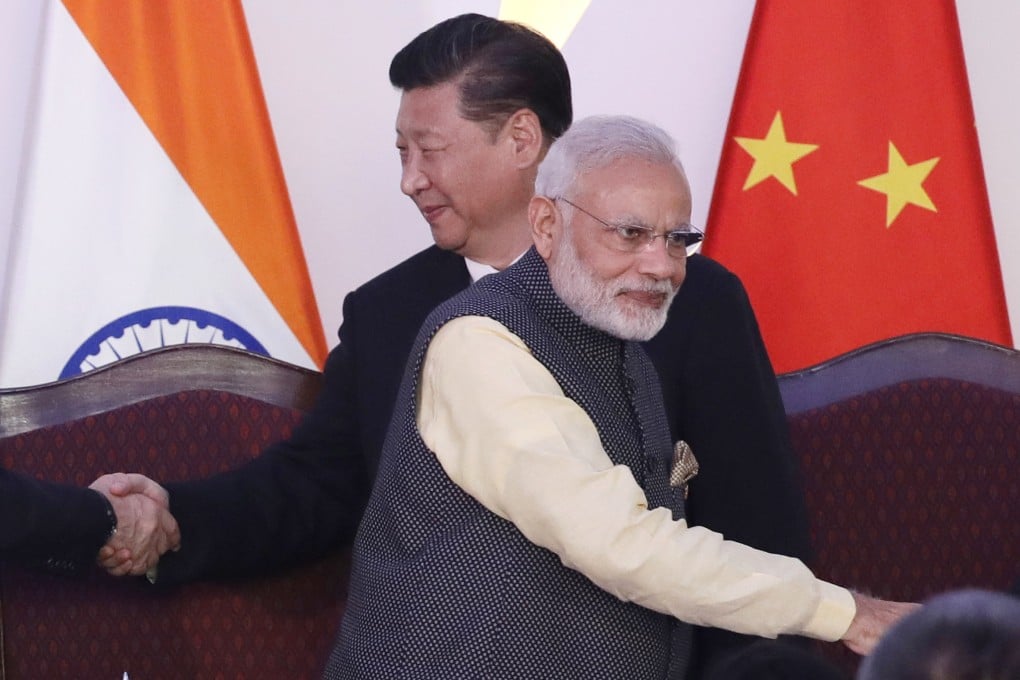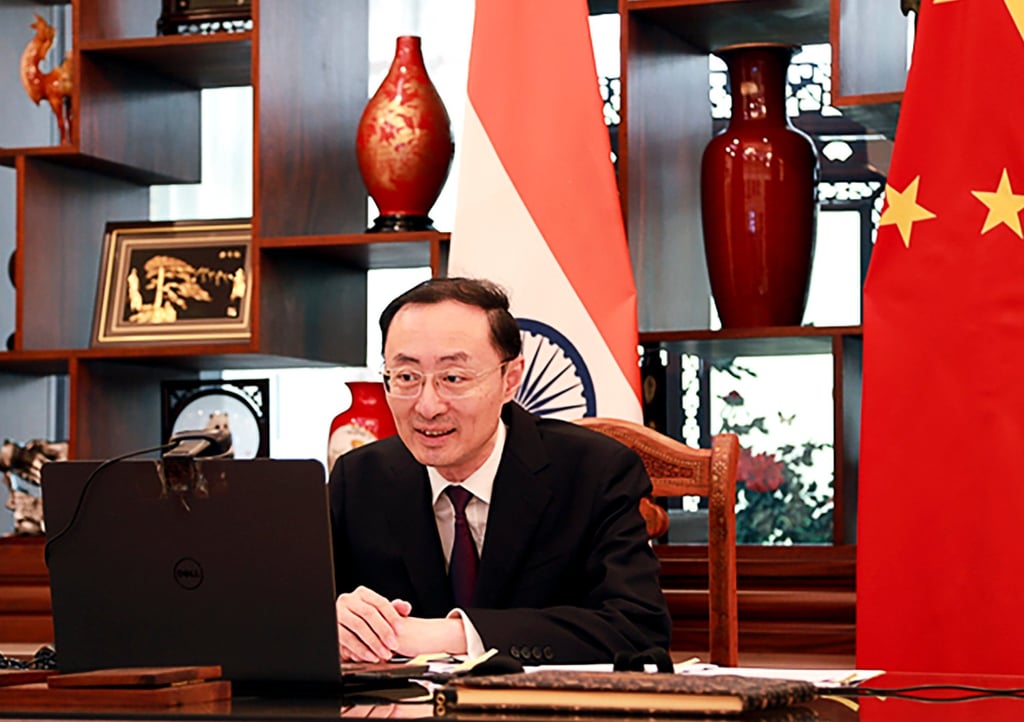Advertisement
China-India relations: as Beijing asks for one-China reassurance, New Delhi demurs. Why?
- India’s reluctance to reiterate the one-China policy in the wake of Nancy Pelosi’s visit to Taiwan is not without precedent in recent years
- But observers say Delhi’s ambiguity is also being driven by ongoing border tensions – and its opposition to a flagship Pakistan belt and road project
Reading Time:4 minutes
Why you can trust SCMP
35

Beijing’s call for New Delhi to voice its support of the one-China policy in the wake of US House Speaker Nancy Pelosi’s trip to Taiwan earlier this month looks likely to fall on deaf ears, as bilateral tensions and more than a decade of precedent stand in the way.
Delhi last publicly referred to the policy around 2010, following a dispute between the two countries over the northeastern Indian state of Arunachal Pradesh – parts of which Beijing claims as southern Tibet – and China’s issuing of loose-leaf “stapled” visas to residents of both that state and the contested Kashmir region.
“Since then, India has never included this phrase in official documents or statements,” said Rajeev Ranjan Chaturvedy, an international-studies professor at Nalanda University in Bihar, eastern India.
Advertisement
“Beijing must be sensitive to India’s concerns as well. Though India has not changed its policy, China is unnecessarily feeling insecure and asking for reassurance.”

Sun Weidong, Beijing’s ambassador to India, made the call for Delhi to “openly reiterate” its support for the one-China policy in a post on the embassy’s website last weekend, noting that “many other countries” had already done the same.
Advertisement
Advertisement
Select Voice
Select Speed
1.00x